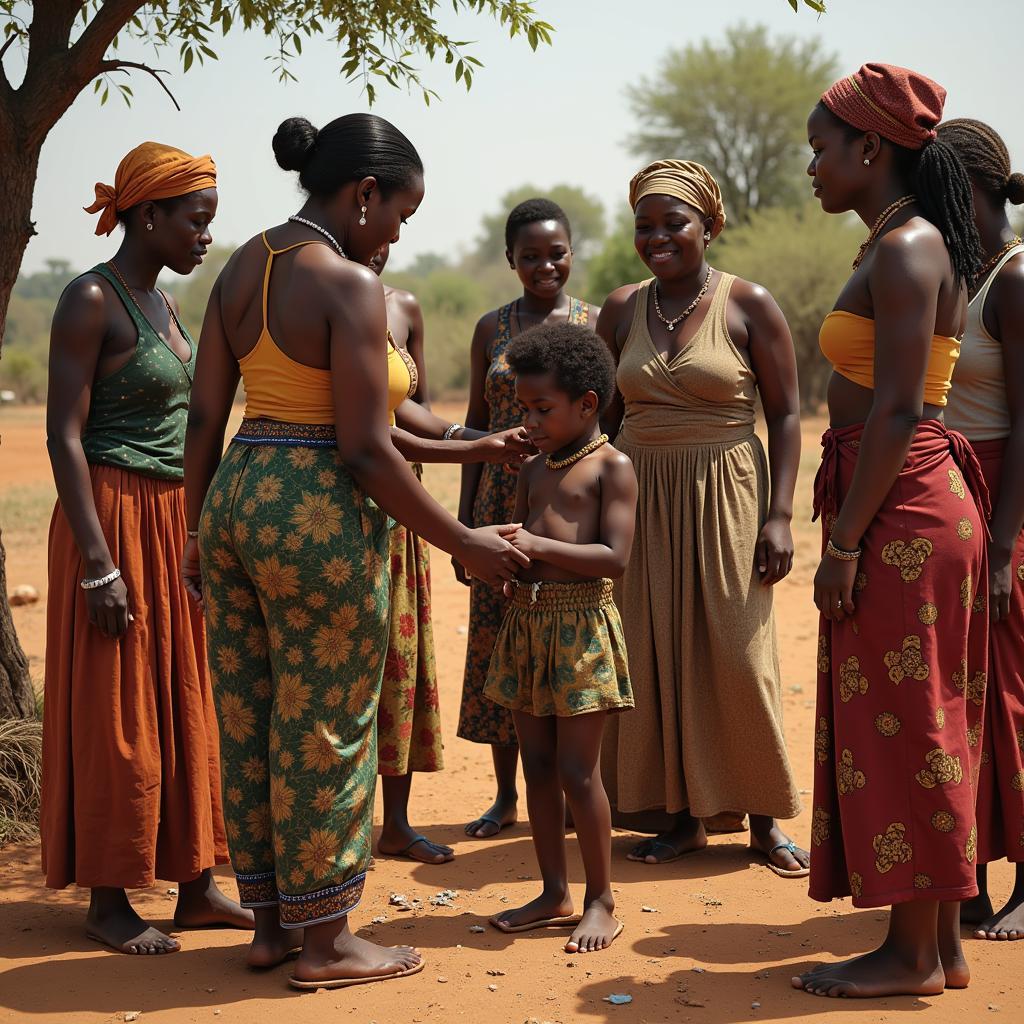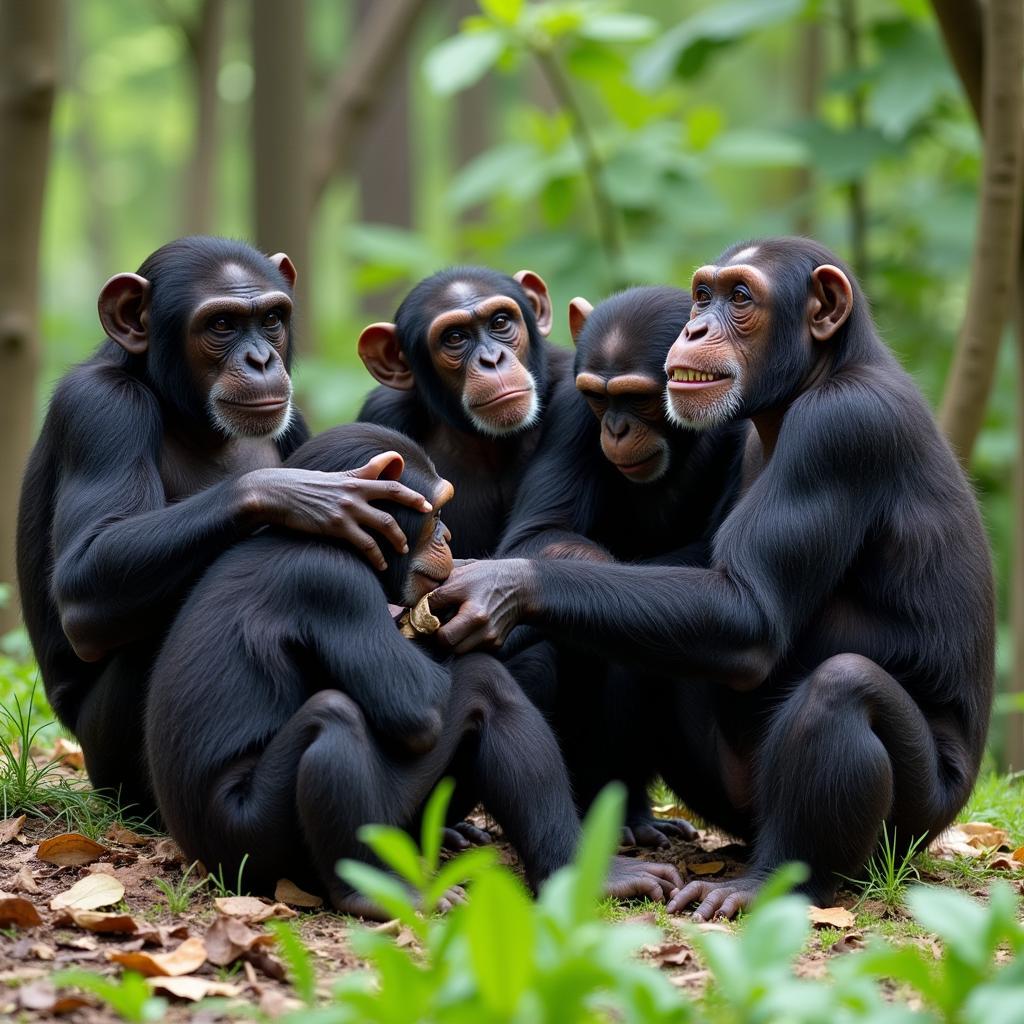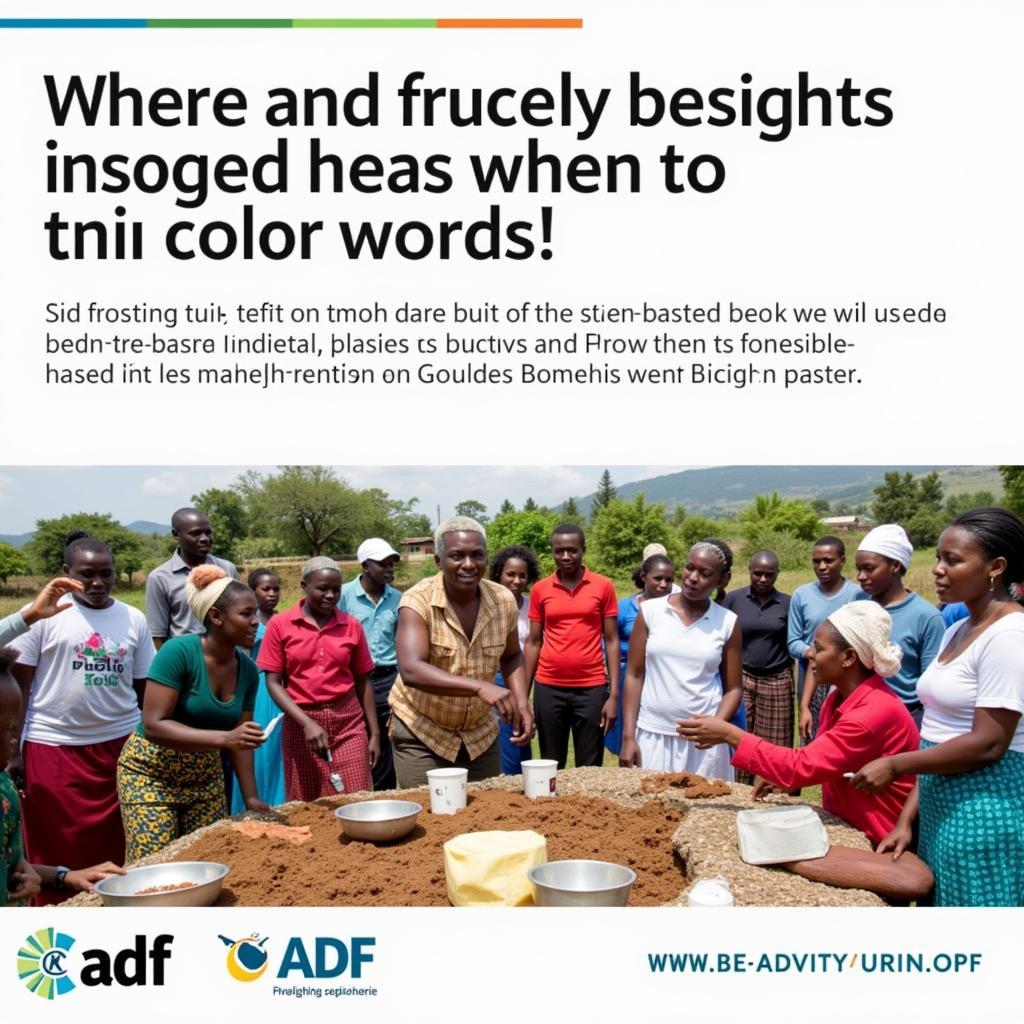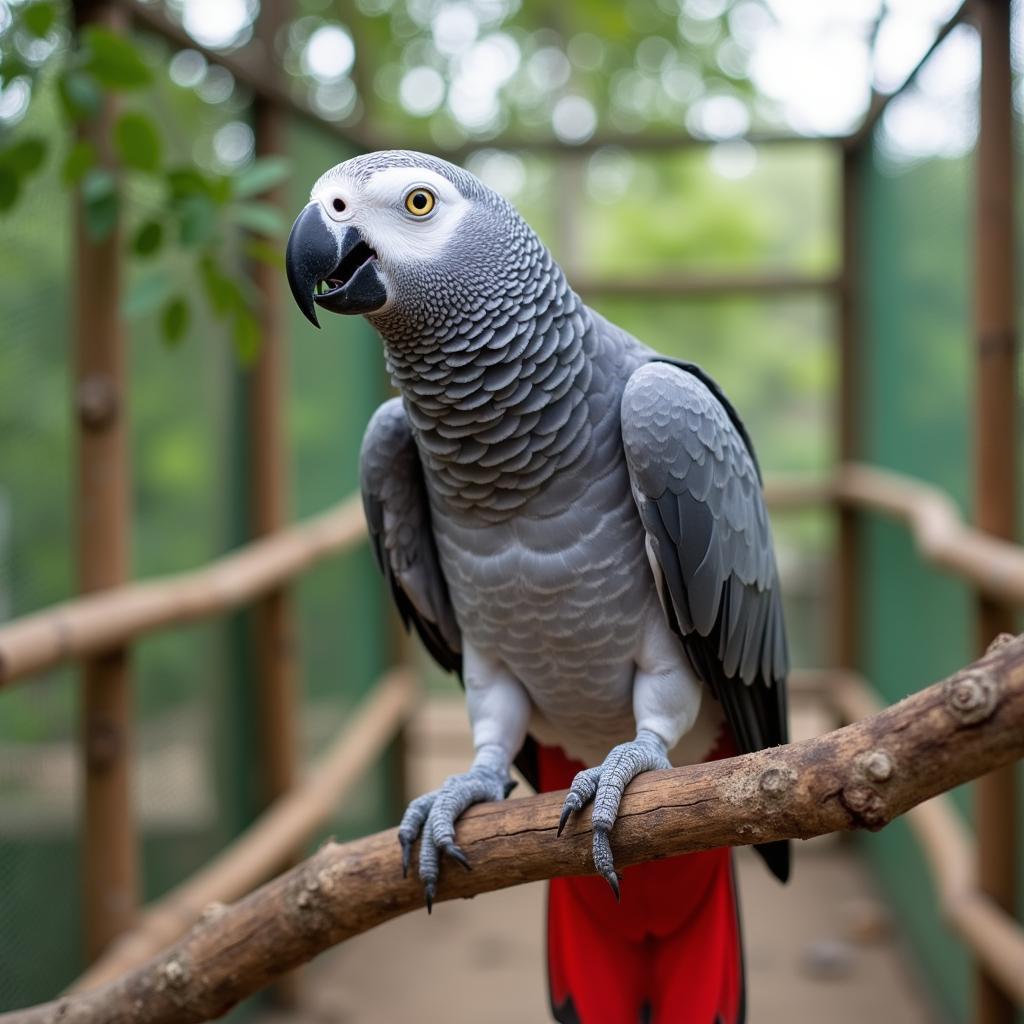Unlocking the Past: Exploring African American Oral Tradition
African American Oral Tradition, a vibrant tapestry of storytelling, song, and folklore, stands as a testament to the resilience and creativity of a people who endured centuries of hardship. This rich cultural heritage, passed down through generations, offers a unique window into the history, values, and beliefs of African Americans.
The Power of the Spoken Word: More Than Just Stories
For African Americans, oral tradition wasn’t simply entertainment; it was a vital tool for survival and resistance. In a society where literacy was often denied, the spoken word served as the primary means of transmitting knowledge, history, and cultural values. From folktales featuring cunning tricksters like Br’er Rabbit to spirituals that echoed with longing for freedom, each narrative carried profound meaning.
One of the most powerful aspects of African American oral tradition is its ability to preserve history. Before emancipation, enslaved Africans relied on oral history to keep alive memories of their homeland and to share their experiences. These stories, often woven with symbolism and allegory, offered a way to resist oppression and maintain hope.
African American Folktales: Teaching Life Lessons Through Tales
Folktales, a cornerstone of African American oral tradition, served a dual purpose: entertainment and education. Characters like Br’er Rabbit, embodying wit and cunning, captivated listeners while also conveying valuable life lessons about outsmarting adversaries and navigating a challenging world. These stories, passed down through generations, often featured animal protagonists who mirrored human behavior and social dynamics.
The Enduring Legacy of Spirituals: Songs of Sorrow and Hope
African American spirituals, born out of the crucible of slavery, represent a poignant blend of sorrow and hope. These soulful songs, often infused with biblical imagery, gave voice to the pain of oppression while also expressing an unwavering faith in a better future. Spirituals like “Swing Low, Sweet Chariot” and “Go Down, Moses” served as coded messages of hope and resistance, their powerful melodies resonating deeply within the hearts of those who sang them.
You can find more about African American folktales online.
The Evolution of Oral Tradition: From the Past to the Present
While rooted in the past, African American oral tradition is not static. It continues to evolve, reflecting the changing realities of Black life in America. From hip-hop music, which emerged from the streets of the Bronx, to contemporary spoken word poetry, new forms of oral expression have emerged, carrying forward the tradition of using language as a tool for social commentary, artistic expression, and cultural affirmation.
Preserving a Legacy: The Importance of Keeping Oral Tradition Alive
In today’s digital age, it’s more important than ever to preserve the rich heritage of African American oral tradition. By recording and sharing these stories, songs, and folktales, we ensure that future generations can connect with their cultural roots and draw inspiration from the resilience and creativity of their ancestors.
African American Oral Tradition: A Timeless Treasure
African American oral tradition stands as a testament to the power of storytelling and the enduring spirit of a people. From folktales that teach life lessons to spirituals that uplift the soul, this rich cultural heritage continues to inspire, educate, and connect generations. As we delve into the world of African American oral tradition, we unlock a treasure trove of wisdom, history, and artistic expression that enriches our understanding of the Black experience and the human condition itself.
FAQ:
1. What is the significance of African American oral tradition?
African American oral tradition is significant because it served as a means of preserving history, culture, and values during a time when literacy was denied to many. It provided a platform for resistance, education, and community building.
2. What are some examples of African American oral tradition?
Examples include folktales featuring characters like Br’er Rabbit, spirituals like “Swing Low, Sweet Chariot,” and proverbs that offer wisdom and guidance.
3. How has African American oral tradition evolved over time?
While rooted in the past, it continues to evolve through new forms of expression, such as hip-hop music and spoken word poetry, which carry forward the tradition of using language for social commentary and cultural affirmation.
4. Why is it important to preserve African American oral tradition?
Preservation ensures that future generations can connect with their cultural heritage, understand their history, and draw inspiration from the resilience and creativity of their ancestors.
5. Where can I learn more about African American oral tradition?
You can find more about an African American haly man online.
Need More Information?
For further insights and support, reach out to us!
- Call: +255768904061
- Email: kaka.mag@gmail.com
- Visit: Mbarali DC Mawindi, Kangaga, Tanzania
Our dedicated team is available 24/7 to assist you!




